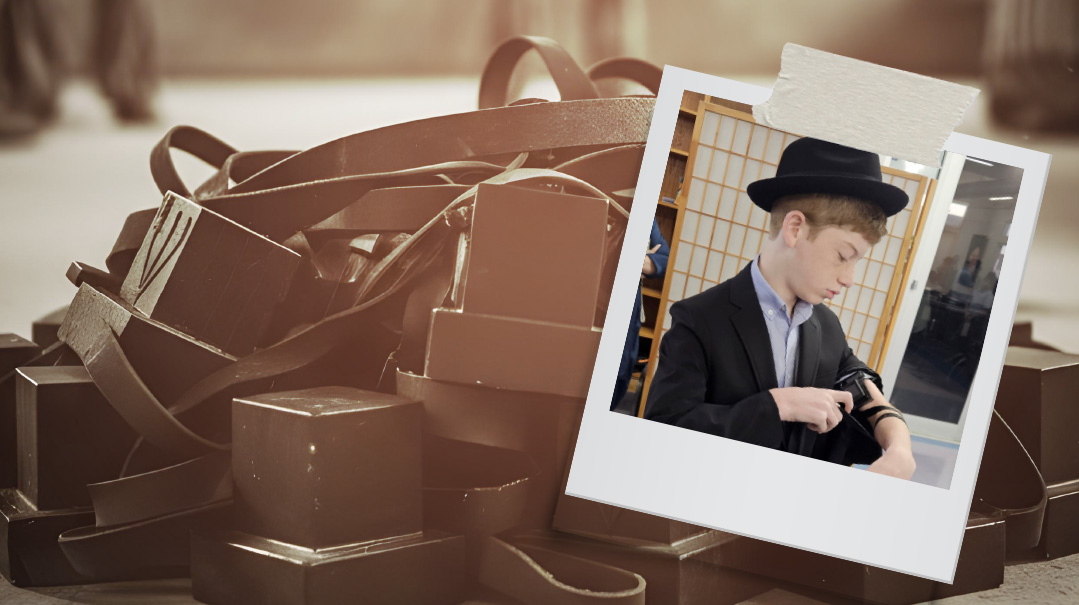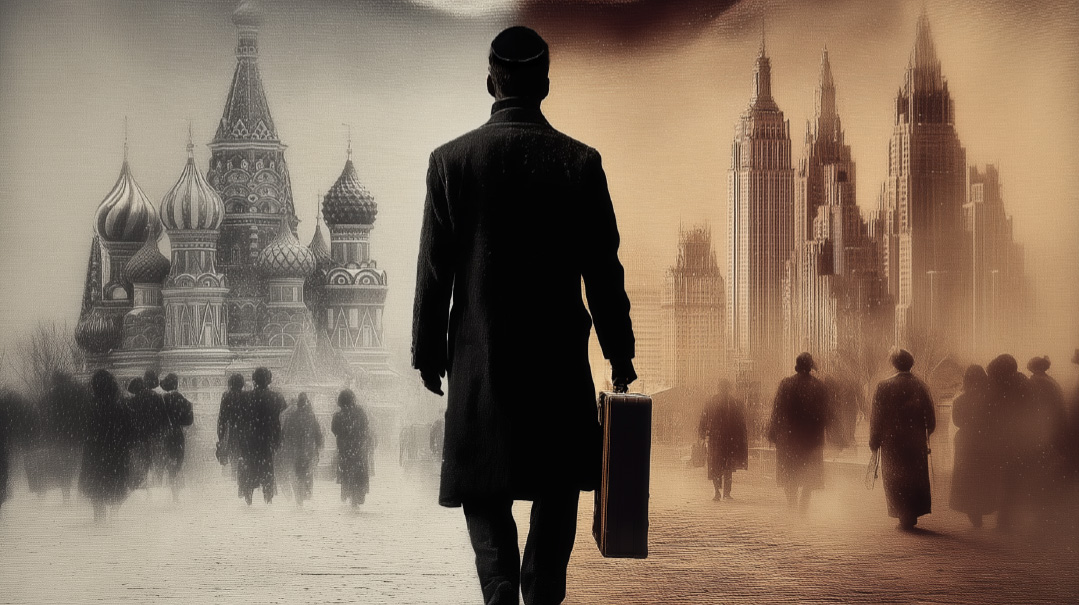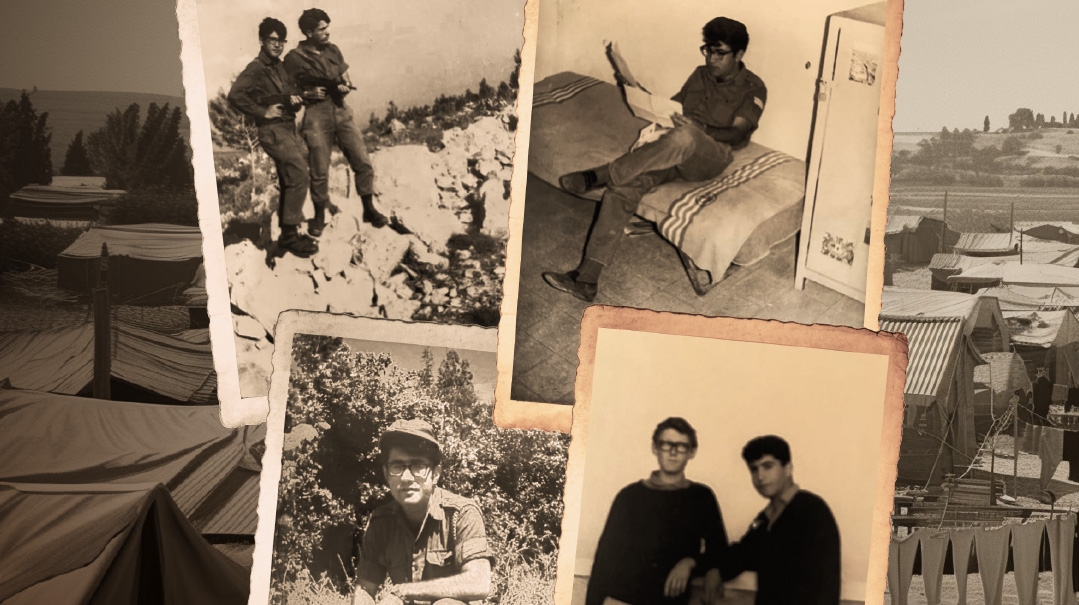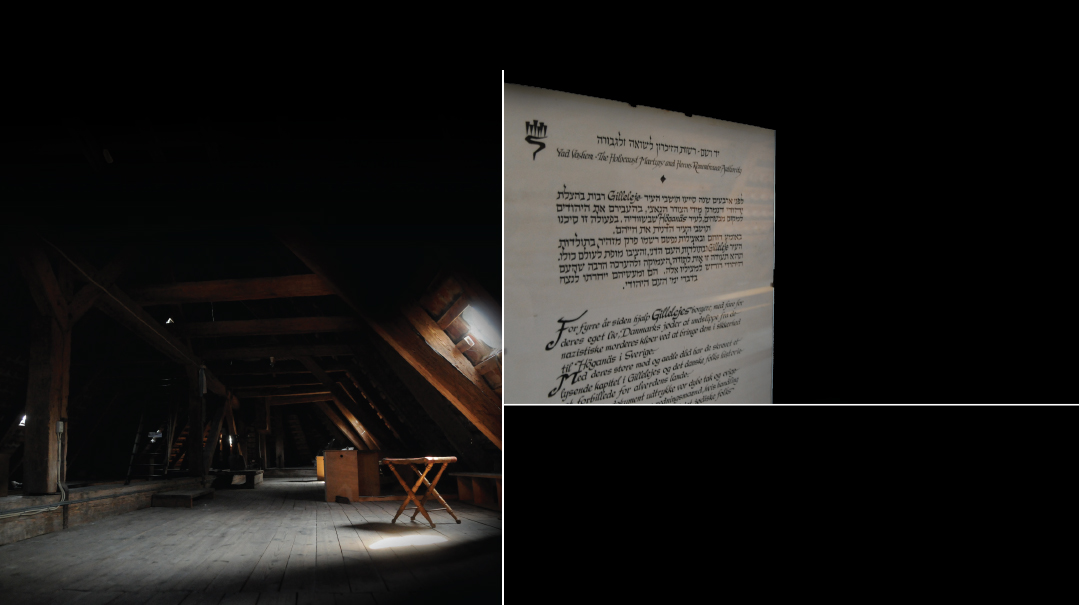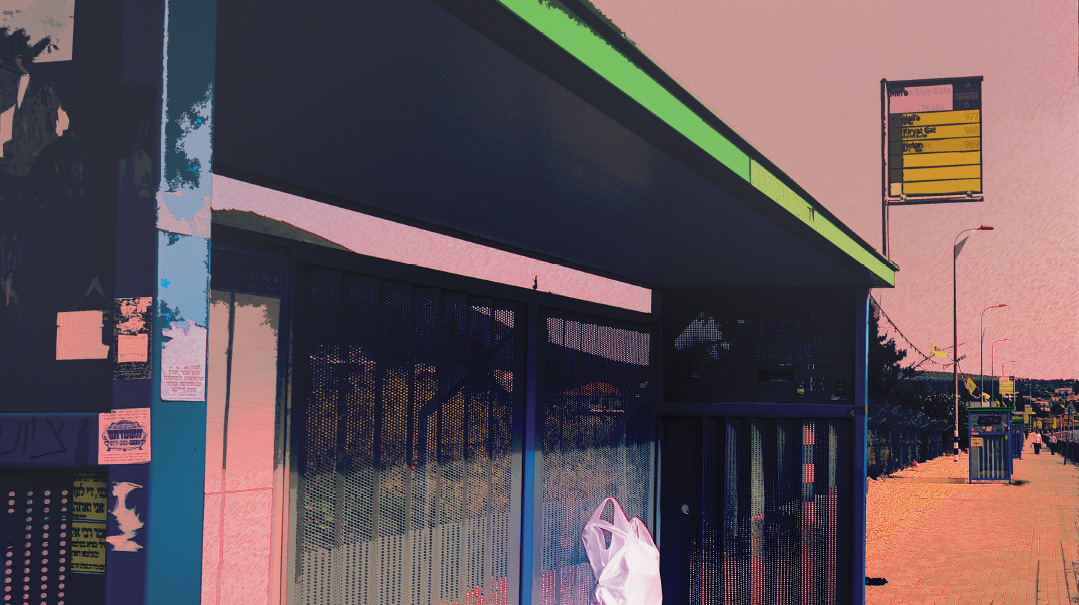Saying Goodbye to Ima

Every year, as her yahrtzeit on 10 Iyar nears, I’m grateful again for our last goodbye
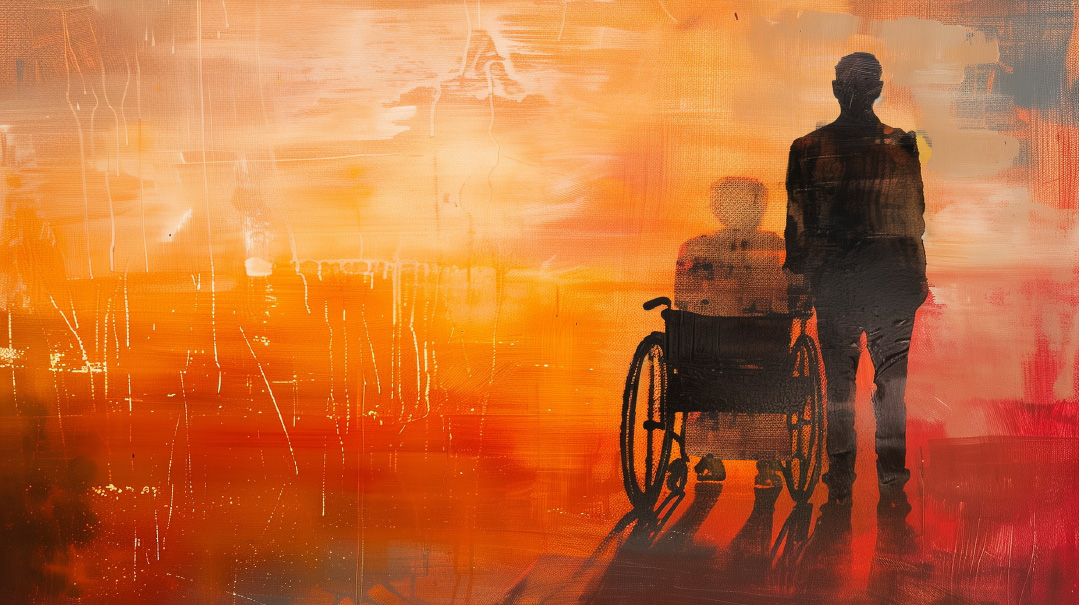
I
was very close to my mother. A teacher by profession, she was always teaching me, well into adulthood. Though she died 37 years ago, I still hear her voice directing me in certain situations. And every year, as her yahrtzeit on 10 Iyar nears, I’m grateful again for our last goodbye.
I grew up in Cleveland, then moved to Eretz Yisrael after I got married, as did most of my siblings. Shortly after my wedding, my parents joined us in the Holy Land. Fifteen years later, my mother fell sick with a terminal illness, and she flew to New York for treatment. We children took turns flying to New York to help my father care for her.
I was in the hospital with my mother, due to fly home shortly, when the doctors told us there was nothing more they could do and that our focus had to be on keeping her comfortable. After conferring with my siblings, we decided the best option would be to have Ima transferred to a Cleveland hospital, where her former talmidah’s husband was the head of a department. He told us he could give her a private room with an adjacent room for the family, and assured us he would care for her like his own mother.
My flight to Eretz Yisrael was scheduled for the same day as Ima’s transfer, so I visited the hospital the evening before my flight to say goodbye. When I came, though, I found she had already been sedated in preparation for the trip. I tried to say goodbye, but it was like talking to a shell. She may have looked like my mother, but it didn’t feel like my mother.
I tossed and turned the whole night, tormented by the thought that I hadn’t really said goodbye to my beloved mother, whom I would most likely never see again. Goodbyes are overrated, I rationalized to myself. Saying goodbye forever to your mother is too traumatic to even contemplate, certainly to experience. It’s unfathomable, too surreal. Perhaps it was for the best that it hadn’t worked out, I told myself. But I wasn’t consoled. I felt on a deep level that I needed closure. But there was nothing I could do about it… or was there?
After a sleepless night, I got up in the morning with a wild idea. I was booked on a TWA Israel-bound flight leaving from JFK. So if I flew to Cleveland with TWA, I reckoned, I could then fly back to JFK and board my flight to Israel in the same terminal. A quick phone call to a travel agent confirmed there was a flight that could work, but it would be tight. Upon arriving in Cleveland, I’d have to take a taxi from the airport to my mother, have him wait 15 minutes, and then rush back to the airport.
The timing would have to work like a precision watch, because the slightest delay on any leg of the trip would torpedo the plan. Obviously, I also had no guarantee that my mother would be awake when I came. Perhaps she’d still be drowsy from the sedation?
I had to make a quick decision. Rationally, my plan didn’t make any sense. I would be investing so much effort and money (while on a tight budget) with little chance of success. And even if I were successful, all I’d be getting from the visit was 15 minutes tops, to add to the countless hours I had just spent caring for her.
Then I thought of Nachshon ben Aminadav who jumped into the Yam Suf. He had even less chance of success than I had. But it was important enough, so he jumped. I would jump too, I decided.
My mother was staying in my sister’s home waiting to be admitted to the hospital, and as the taxi drove up, the memories flooded me. This was the home where I spent my childhood and adolescence. When my parents moved to Israel, my sister had moved in.
When I walked in, the look on my mother’s face itself was worth millions. She gazed at me like I had descended from heaven. I imagine that she too was feeling bad that we hadn’t exchanged a proper goodbye.
“What are you doing here? I thought you were on the way to Eretz Yisrael!” she exclaimed.
“A malach brought me here to see how you’re doing before I leave,” I kidded. “What can I do for you?”
“Nothing,” she said. “I’m fine.”
I wasn’t prepared to let go so easily. “Ima,” I pressed, “you know that the mitzvah of bikur cholim is to make the patient more comfortable. You wouldn’t want me to come all the way to Cleveland without observing the mitzvah.”
“Well…” She relented. “My feet are uncomfortable. My toenails are dried out and brittle, so they’re hurting me. In the hospital they would give me a basin with warm soapy water to soak my feet in.”
“Sure, Ima, that’s a great idea, I’m right on it.”
As I was preparing the water, I mumbled, “Hashem, I can’t believe how You put this opportunity in my hands.”
I helped my mother put her feet in the basin and started massaging them. Though she was the furthest thing from a pleasure seeker, she remarked gratefully how good I was making her feel.
Tanach and Chazal have always used the example of washing another’s feet as the epitome of respect and subservience. I always felt that Ima was worthy of it, but it never occurred to me to actually do so. And here I was, most likely the last time I would ever see my mother, and I was finally zocheh to do so. The symbolism was so overwhelming that I had to keep a steady conversation going to avoid an emotional meltdown.
All too soon, I had to go. We embraced, and though neither of us said anything, we both knew this was the end. There was no sobbing, just moist eyes. But the strength of her embrace coming from a frail, weak body said it all. In a manner reminiscent of Rochel’s parting with Binyamin, she wordlessly gave over the message that she was leaving This World with love and devotion to her son.
I reached the airport gate breathlessly, and boarded just before they closed the doors of the plane.
I was so grateful for the siyata d’Shmaya that had turned my wild plan into an exhilarating reality. As the plane soared into the skies, so did my spirits. Those 15 minutes I had to say goodbye to my mother are among the most precious of my life.
Rabbi Yosef Sorotzkin is the rosh yeshivah of Yeshivas Me’or Eliyohu in Telz Stone, Eretz Yisrael. He is the author of Meged Yosef al haTorah.
(Originally featured in Mishpacha, Issue 1013)
Oops! We could not locate your form.

